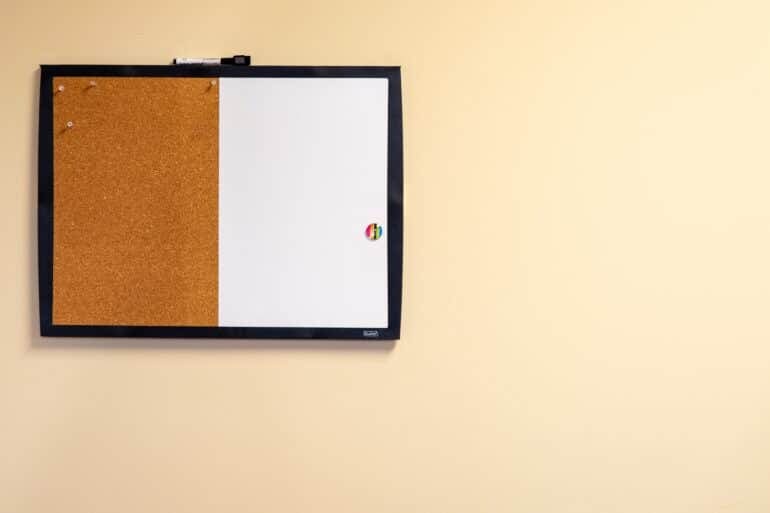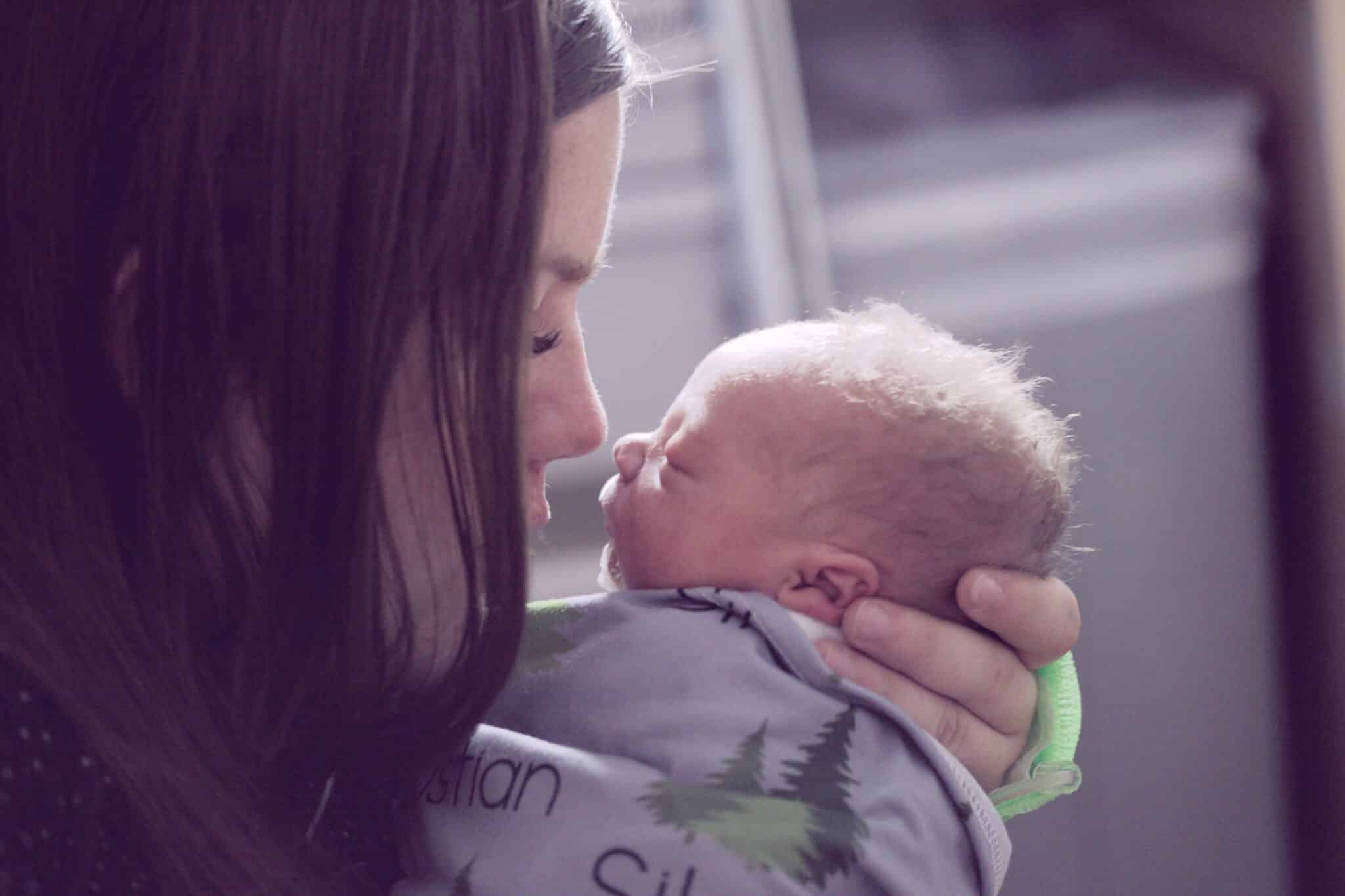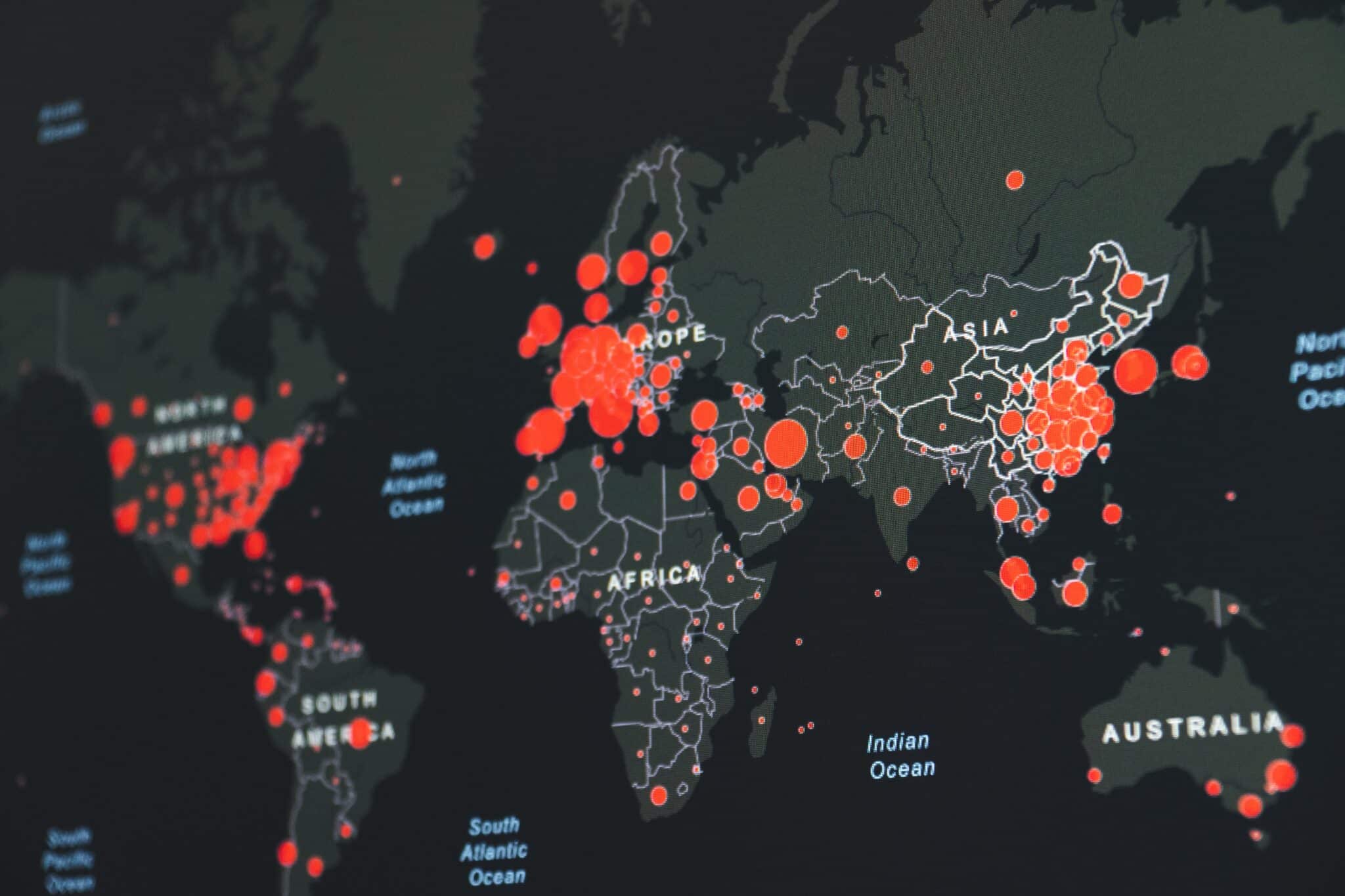A Startling Note: "Looking for Gay Friends" in the Triangle Place narrates a gay man’s experience of sexual awakening on a university campus.
This story explores childbirth-related trauma and postpartum mental health through the lens of a ‘good birth.’
My essay tells my life story in relation to a specific moment in the history of American women’s access to abortion and reproductive justice.
“Letter from Okinawa” describes my research and observations into the impact the U.S. military has had on the island, and tells the story of the Japanese government’s historical culpability by colonizing, controlling, and discriminating against the island.
This writing is based on storytelling, common in Mexican culture.
What this essay tries to capture is both the wonder and the inherent horror in potty training.
This autoethnography is the first-hand experience and exposure of imposter syndrome from a new adjunct instructor's point of view.
In this 2nd of my Processing Parental Grief series, Calliandra receives a letter from her mother weeks after her death.
Narrating Estrangement is written by those who have decided to distance themselves from, or have been driven out by, their families.
"My parents drank wine with dinner every night. There’s nothing remarkable about that, but to a kid growing up in Mid-Missouri it was weird."
I strived to represent the experience of being a pediatric healthcare worker during COVID.
This work, a narrative and poetic account of a school shooting, provides an experiential entry into the experience from the point of view of a faculty member.













